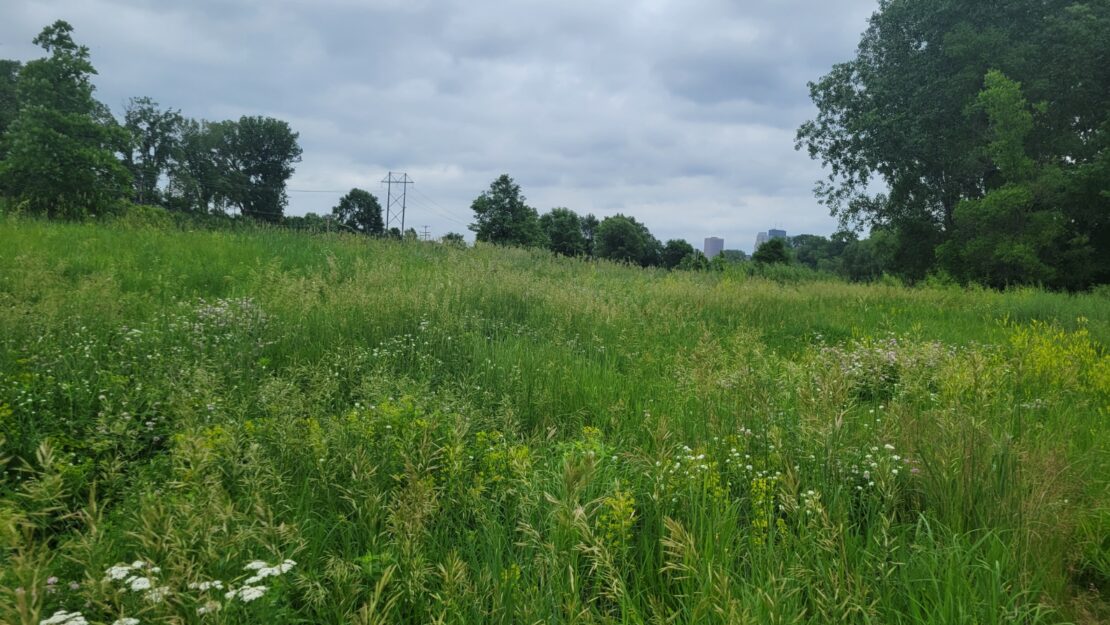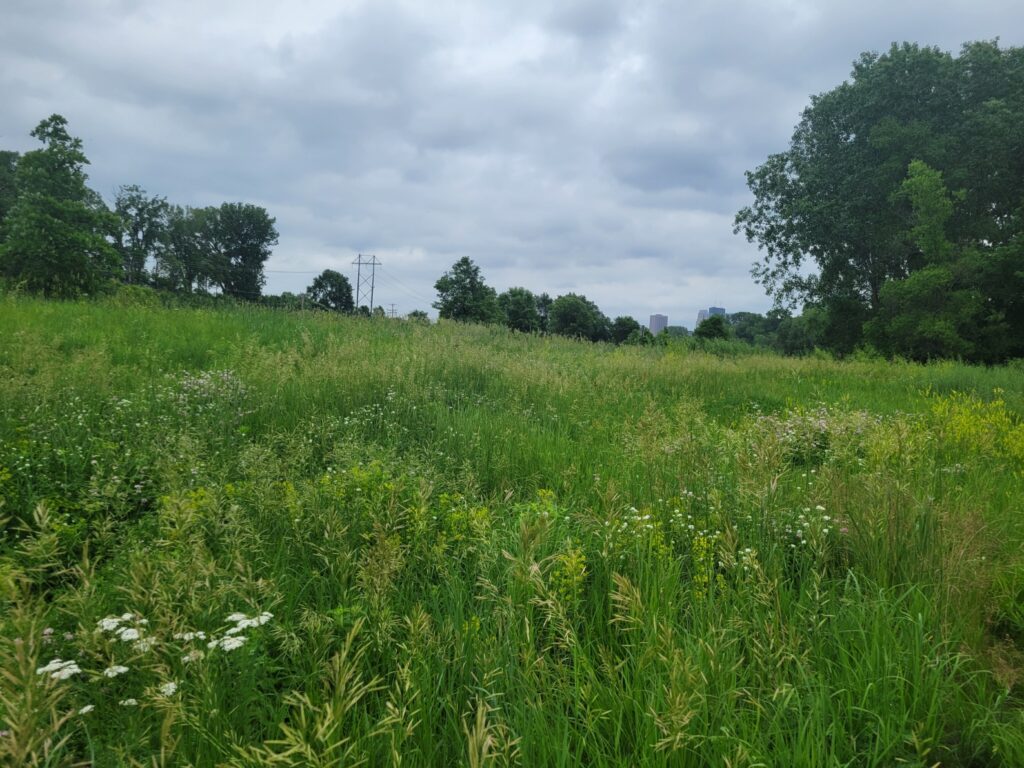The Deadliest Predator

By Hannah Heiss, Outdoor Education Y02 Crew Member / AmeriCorps Member
We are deep into mosquito season in Minnesota and, just like every year, it feels brutal. Around here, mosquitoes are largely considered pests: extremely annoying, but not particularly dangerous, bar a few rare diseases. Unfortunately, that is not the case globally. Scientists consider mosquitos micro-predators and vectors of disease. They are responsible for the spread of malaria, West Nile virus, and encephalitis, among other diseases. When you consider all of these diseases, mosquitos are the deadliest killers in the history of the world.
Technically, most mosquitos are flies. They are also dinosaurs (Jurassic Park, anyone?). Luckily for humans, only some of the hundreds of species of mosquitoes have evolved to bite us. We regularly attempt to defeat mosquitoes with things like quinine, DDT, and DEET. The Mosquito, a really interesting book about the way mosquitos have affected human history (think the swamps and mosquitoes of Yorktown helping Americans win the Revolutionary War or the creation of the gin and tonic as a way for people to regularly consume quinine), explains that all of these attempts eventually fail. Obviously this is bad news for our use of DEET – eventually it will become ineffective as mosquitoes adapt to it.

There may be some good news for mosquito season in Minnesota this year. The last few years of drought may have limited the amount of mosquito eggs that have survived. That means that even though we have had an extremely wet year so far, mosquito numbers have remained average. Unfortunately, climate change means that mosquito season is only going to get longer, and more extreme cycles of rain and drought will make mosquito season more variable.
Some (including me after a few too many mosquito bites) advocate for eradicating mosquitoes altogether. Mosquitoes have existed for so long, with such high populations, and in so many environments, that it is impossible to predict what will happen to any of these ecosystems if they were to disappear. Unfortunately, we seem to be stuck with mosquitoes, as interesting and irritating as they are, for the foreseeable future.
Mosquito FAQs: https://www.mosquito.org/faqs/
